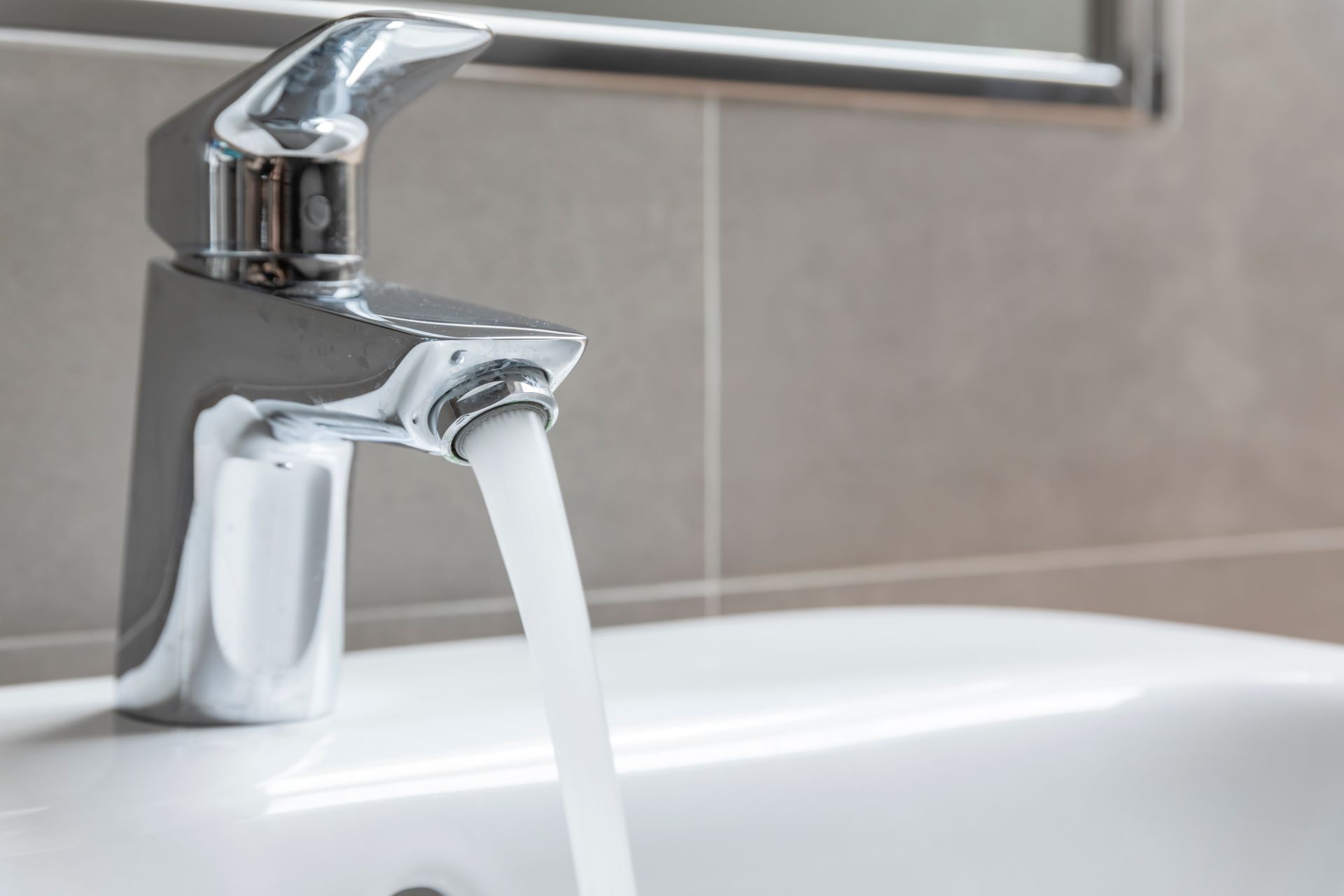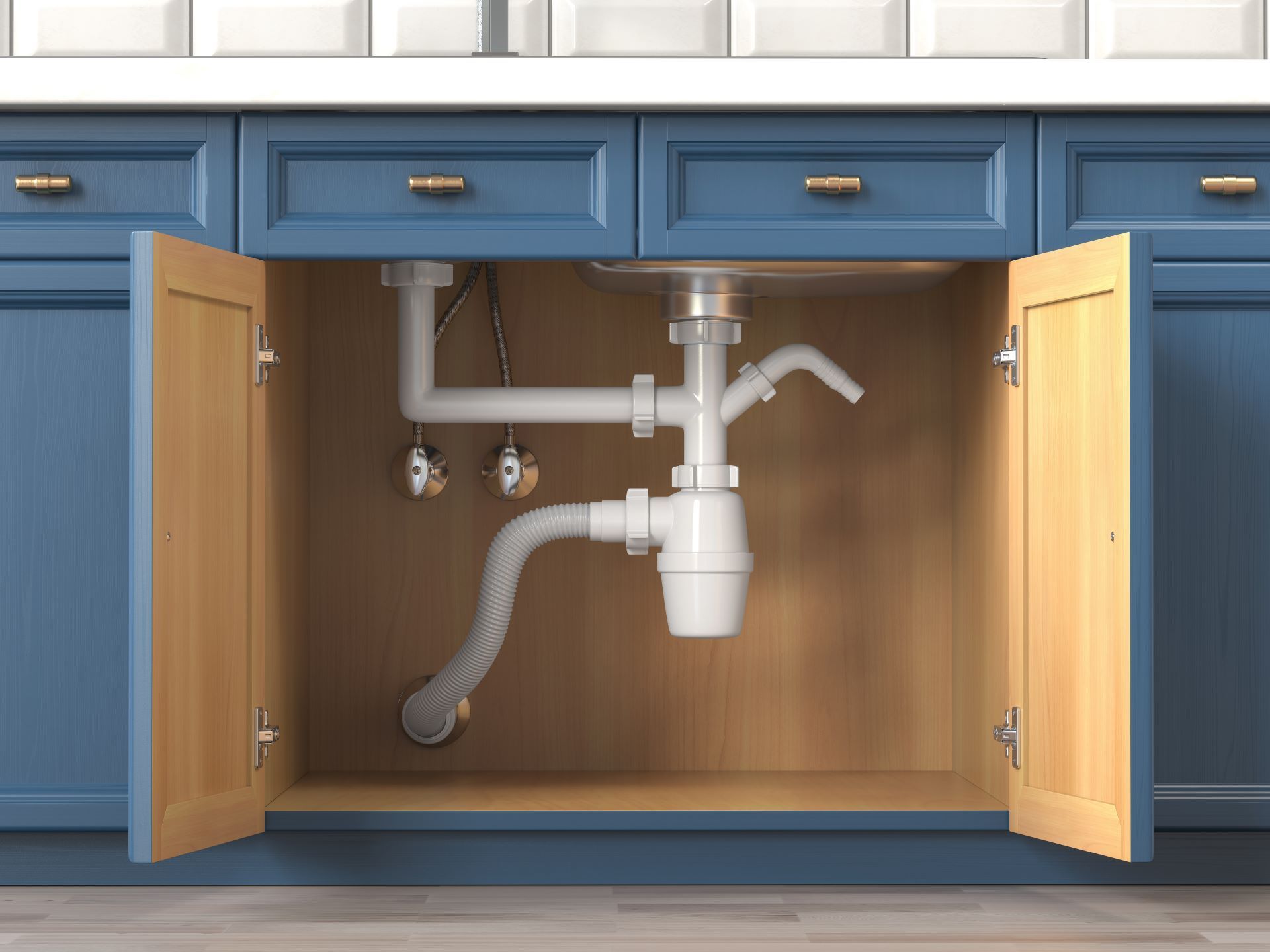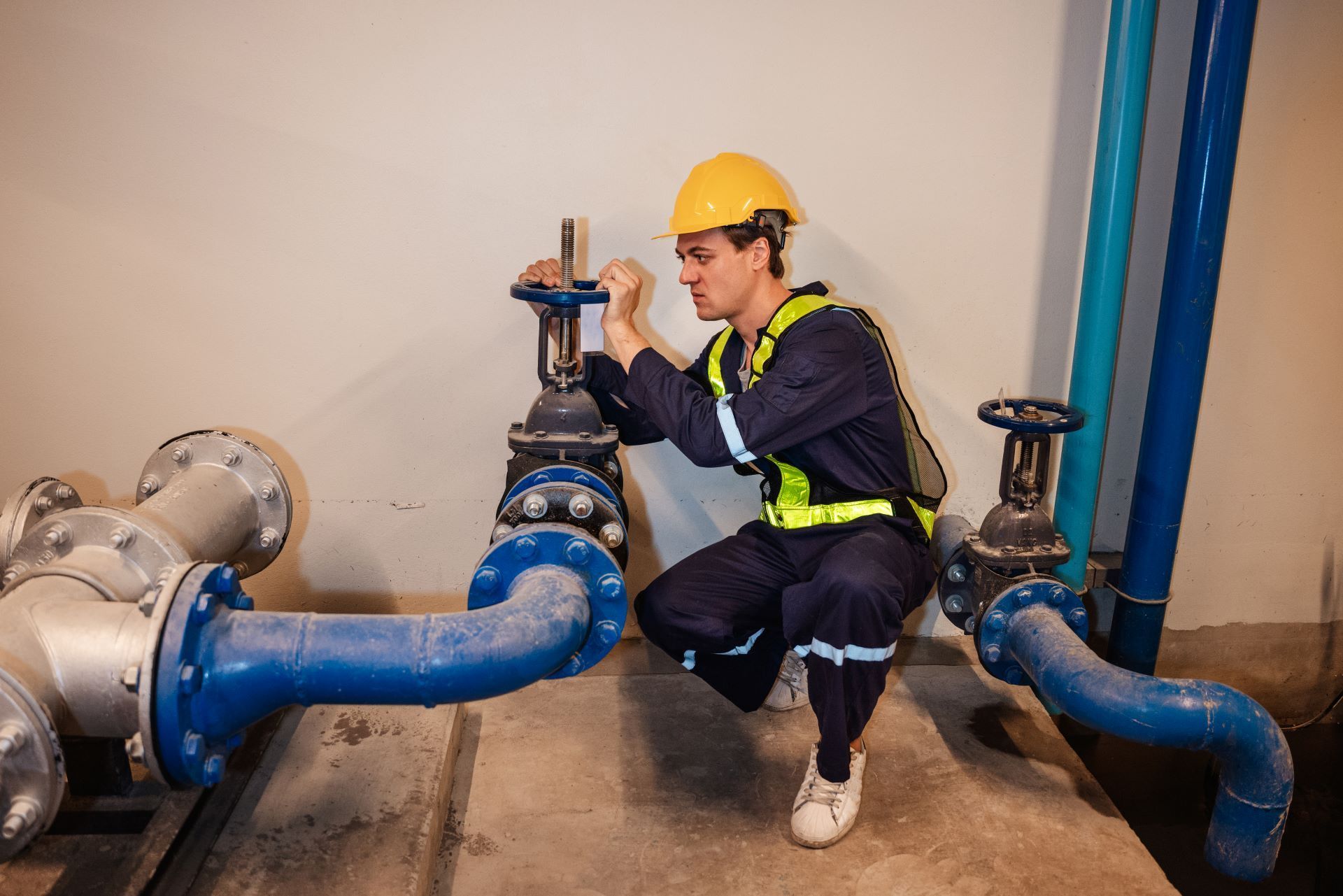Join the Lutz Loyalty Club and start saving today!
What Does a Water Softener Do and Do You Need One?
Apr 24, 2023
Many homes in the U.S. have a water softener, but that doesn't stop most of us from asking, what does a water softener do? Or more importantly, we wonder what is the difference between soft and hard water? And why does it matter?
To put it simply, hard water can be terrible for everything it touches in your home. In some cases it can become hazardous to your health, and a water softener helps to mitigate those adverse side effects. This overview will give you an idea of why hard water is bad and the many benefits of water softeners.

What Is Hard Water?
According to the USGS , the easiest way to define hard water is the amount of dissolved Calcium and Magnesium in tap water. Hard water contains other minerals, but those are the two main culprits. Hard water happens when the water collects these minerals while traveling through the ground and over rocks while being collected.
How Do I Know If I Have Hard Water?
There are test strips that you can use to tell if you have hard water and the extent of the hardness of your water, but you might notice other signs that can be a good indicator of having hard water.
Often, when you have hard water, your family members will feel that their skin is uncharacteristically dry and itchy. You may also notice crusty buildup on places where you run water frequently, like faucets and shower heads. Another common sign is that your water leaves behind a film you can see on dishes and feel on your skin.
What is a Water Softener?
As the name implies, a water softener takes hard water and makes it soft; but what does a water softener do exactly? A water softener pulls the calcium and magnesium ions out of the water and replaces them with relatively harmless sodium ions.
There are two types of water softeners; the most common is the ion exchange softener that uses sodium and removes both calcium and magnesium. There is also a less common type of water softener that is salt-free and uses a mechanical filter to remove hard water, but it does not remove magnesium and doesn't work well on extremely hard water.
What Does a Water Softener Do?
You know how a water softener works, but the benefits of water softeners are much more important than how they work. First, and most important for many, is the health benefits of softer water. The minerals in hard water stay on the hair and skin after you wash them, making them feel dry and brittle. Many people notice a significant difference in their skin and hair health after installing a water softener.
Another significant benefit of a water softener is how much money you save by not having to replace items around the house damaged by hard water. Mineral deposits in appliances will shorten their lifespan, and appliances that should last you for years, like water heaters and dishwashers, must be replaced in only a few short years. What's worse is that those same mineral deposits can build up inside your pipes and cause clogs that can only be removed by cutting into your wall and replacing the pipe.
How to Choose the Right Water Softener
A few factors go into choosing the right water softener, starting with the type you want. Most households will want a traditional water softener, but there are a few occasions when a salt-free softener may be a better choice. The next step is to decide how big your softener needs to be. Your house size and water needs should determine this.
Sometimes, a family may need a larger water softener if they have special circumstances; for instance, if a family runs their washing machine more often because the kids are in sports
As a general rule, the average person uses 80-100 gallons of water a day , so to choose the right size softener, you will want to multiply the number of people in the house by 100 and multiply that number by the grains of hardness in your water which can be determined by a hard water test strip.
Installation and Maintenance of a Water Softener
Installing a water softener isn't the most complicated job in the world, but it is better left to the professionals if you don't know what you are doing. If your house does not already have a water softener, pipes must be installed to divert the water to the softener, then send it back into your pipes. An experienced plumber can install a water softener in under an hour.
Maintaining a water softener is relatively easy, especially with newer models. The number one thing to do is check often to ensure that there is a healthy level of salt in the tank. There are occasions when salt will form a bridge that acts as a barrier in the brine tank and prevents the softener from working correctly.
Most of the time, homeowners can easily break this bridge up to return it to normal function. Lastly, newer water softeners have a cleaning mode that cleans your softener, but you can also buy a water softener cleaning solution and clean your softener manually to clean away any residue left behind by hard water.
Don't Wait Another Day, Contact Lutz Plumbing
Share Post
Download the Lutz Plumbing App!
Schedule a Service
Membership Access
Access to Exclusive Offers
Manage Financing
... And More!
Free Safety Inspection
Free Extended Warranties
15% Discount
Free Priority Service
Member Only Specials
No Extra Charges for After Hour Service
Hundreds of Five-Star Reviews
Read why happy customers choose us over and over again.
When you have a
plumbing problem in the Kansas City area, you can rely on Lutz Plumbing to be have 24 hour response time. We are a local, family-owned business who shows up on time and ready to tackle your plumbing problems head on.
From leak detection to water heater service and installation, Lutz Plumbing gives you prompt, efficient and high quality plumbing services from knowledgeable technicians.
Read more about what hundreds of customers like you are saying about our five-star service, or call us today at
913-888-9500 and tell us about your problem today.

Dan
"We called at 6:30 on Sunday evening and Brent was at our door at 7:25 and was extremely professional and completed the work in a clean manner. We will be called Lutz Plumbing moving forward!"
Read All Reviews →
John K.
"The employees are always on time and very knowledgeable about the work to be completed. Very impressed, as always."
Read All Reviews →
Amanda
"I called 27 different plumbers at 11 at night, no one could come or they didn't answer. Brent called back 3 minutes later and came right out and fixed it right away. The price was less than other's day prices, so glad you are in business. I will always use Lutz plumbing from now on."
Read All Reviews →
Articles for Homeowners

Find Your Service Location
List of Services
-
Belton, MOBelton, MO
-
Blue Springs, MOBlue Springs, MO
-
Bonner Springs, KSBonner Springs, KS
-
De Soto, KSDe Soto, KS
-
Eudora, KSEudora, KS
-
Excelsior Springs, MOExcelsior Springs, MO
-
Gardner, KSGardner, KS
-
Gladstone, MOGladstone, MO
-
Grain Valley, MOGrain Valley, MO
-
Grandview, MOGrandview, MO
-
Independence, MOIndependence, MO
-
Kansas City, KSKansas City, KS
-
Kansas City, MOKansas City, MO
-
Lansing, KSLansing, KS
-
Lawrence, KSLawrence, KS
-
Leavenworth, KSLeavenworth, KS
-
Leawood, KSLeawood, KS
-
Lee's Summit, MOLee's Summit, MO
-
Lenexa, KSLenexa, KS
-
Liberty, MOLiberty, MO
-
Linwood, KSLinwood, KS
-
Merriam, KSMerriam, KS
-
Mission, KSMission, KS
-
North Kansas City, MONorth Kansas City, MO
-
Olathe, KSOlathe, KS
-
Overland Park, KSOverland Park, KS
-
Parkville, MOParkville, MO
-
Platte City, MOPlatte City, MO
-
Prairie Village, KSPrairie Village, KS
-
Raymore, MORaymore, MO
-
Roeland Park, KSRoeland Park, KS
-
Shawnee, KSShawnee, KS
-
Spring Hill, KSSpring Hill, KS
-
Tiffany Springs, MOTiffany Springs, MO
Local Office
21961 W 83rd St
Lenexa, KS 66227
Contact
Office Hours
Monday - Friday: 8a - 6p
Saturday: 8a - 4p
24 Hour Response
License
#20202383
Financing














